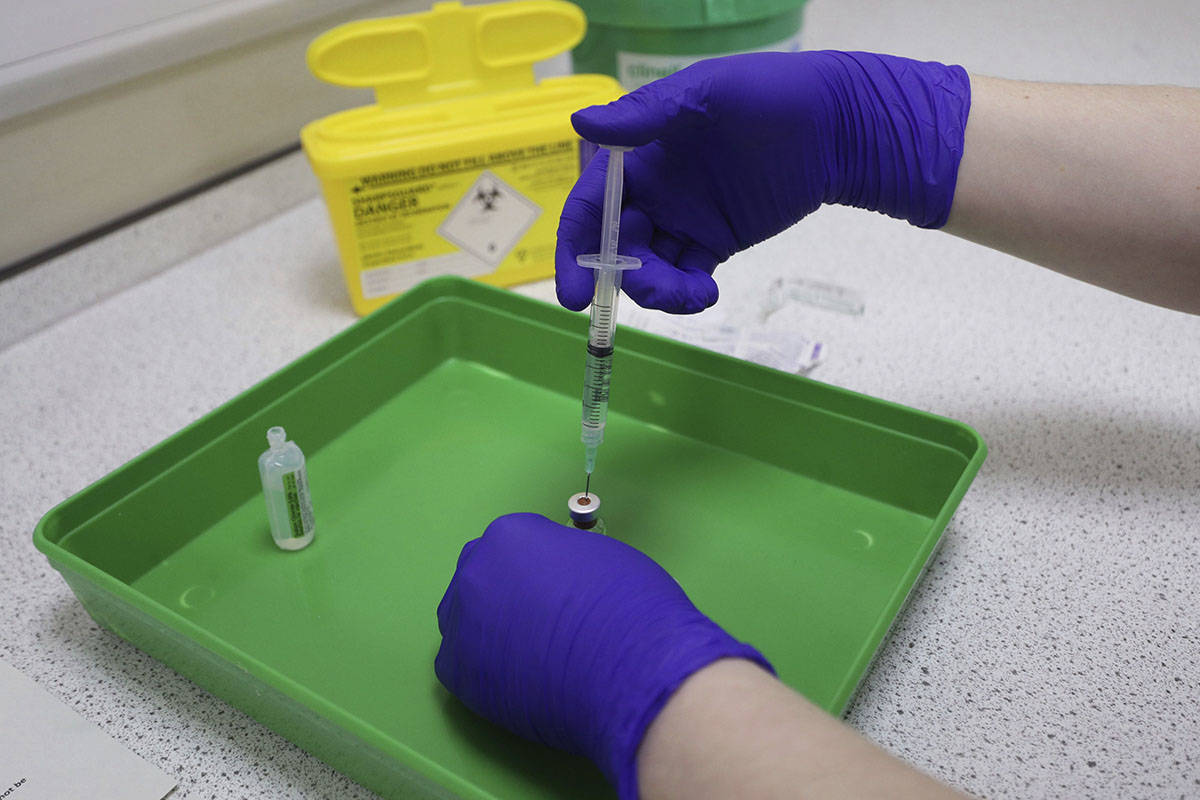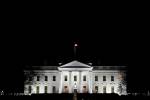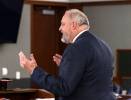EDITORIAL: Vaccine policy suffers thanks to bureaucratic inefficiency
While thousands of people across the country have received the coronavirus vaccine since mid-December, the federal government needs to be more aggressive in getting the shots where they are most needed. That means prioritizing health over bureaucratic delays.
As Reason magazine’s Ronald Bailey highlighted this week, the FDA could issue an “emergency use authorization” that would immediately double the availability of the COVID-19 vaccine. But the agency’s “bureaucratic lack of imagination and courage,” in Mr. Bailey’s words, has left it unwilling to waver from its own unnecessary, time-consuming and life-threatening requirement for a two-dose regimen of approved vaccines.
For instance, even if the results of Johnson &Johnson Phase 3 clinical trial of the company’s one-shot adenovirus-vector vaccine finds that it is “safe and, say, 90 percent effective at preventing COVID-19 infections,” Mr. Bailey points out, the FDA hurdles would remain for its use. That’s because “the clinical trials were set up to evaluate two-dose regimens,” he explains, and “hyper-cautious FDA regulators will only ratify what’s put in front of them.”
Data from the clinical trials for both the existing Pfizer/BioNTech and Moderna vaccines show the pair are roughly 95 percent effective at preventing COVID-19 after two doses — and around 90 percent effective at preventing it after just the first dose. Initial data from the first two phases of clinical trials for Johnson &Johnson’s adenovirus-vector vaccine are encouraging, as well, finding that 97 percent of participants developed significant levels of antibodies against COVID-19.
As Mr. Bailey notes, these COVID-19 vaccines appear far more effective than the latest pneumonia vaccines, which protect 50 to 85 percent of relatively healthy adult recipients. Meanwhile, CDC information shows that the effectiveness of seasonal flu vaccines typically ranges from 40 percent to 60 percent.
The three pharmaceutical companies are on track to deliver upwards of 300 million doses of their COVID vaccines before the end of the first quarter of 2021. If Pfizer/BioNTech and Moderna were authorized to switch to a one-shot regimen, as Mr. Bailey proposes, more than enough doses would be available to inoculate the vast majority of Americans by the end of March. If that one-shot immunity to the virus wanes, he says, booster shots could easily be administered later as vaccine production ramps up.
Saving lives is more important than regulators saving face. The effectiveness of the COVID-19 vaccines far surpass the FDA’s emergency authorization standards. The agency should be focused on getting as many vaccines to as many people as quickly as possible — and if that means authorizing a one-shot inoculation of the Pfizer/BioNTech and Moderna vaccines, so be it.





























